Department of neurology

New research co-led by the UAB School of Public Health could reshape treatment guidelines for asymptomatic carotid stenosis, a condition caused by a buildup of plaque in arteries that carry blood to the brain.

Learn about epilepsy, types of seizures, common symptoms, warning signs and how to provide seizure first aid.

UAB experts offer insight on Tourette syndrome, and the care patients may need after diagnosis.

Until now, treatments have only managed symptoms, rather than altering the disease’s course.

New clinical services and specialty programs are expanding access to high-quality care in Birmingham and throughout Alabama.

A UAB neurologist shares how symptoms of various movement disorders can be treated with deep brain stimulation therapy.

The published study found a correlation between first-time transient ischemic attack and future cognitive decline. Rates of decline between TIA and stroke participants were the same.

Knowing the symptoms and acting quickly in a stroke emergency can help to minimize long-term effects.

Chronic stress can increase inflammation in the brain, which can impact sleep, cognition and memory and potentially increase one’s risk for neurodegenerative diseases.

The Killion family of Birmingham has given a $10 million gift to UAB to create the Wayne Killion Endowment for the Center for Neurodegeneration and Experimental Therapeutics and to rename the center the Killion Center for Neurodegeneration and Experimental Therapeutics.

Via virtual submissions, UAB Medicine now offers remote second opinions from specialized care experts on diagnoses and treatment options.

Rachel Smith, Ph.D., is collaborating with researchers across UAB on the two-year project, which will focus on the intracranial neural networks responsible for major depressive symptoms in epilepsy patients.
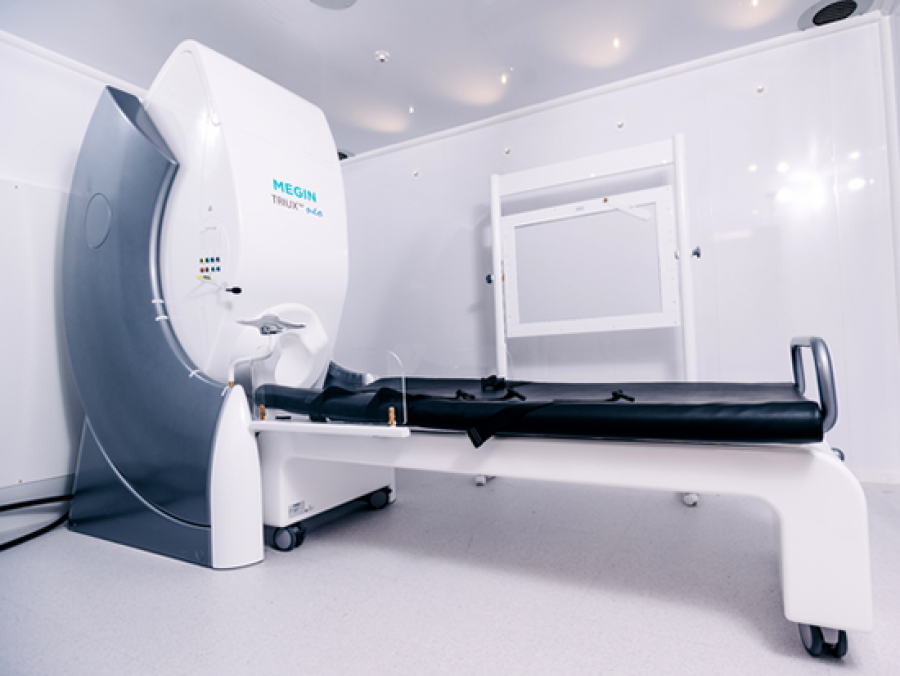
UAB was among the first medical centers in the country to obtain a MEG, having done so originally in 2001; however, evolving technology has created a need for replacing the old technology with a new one.
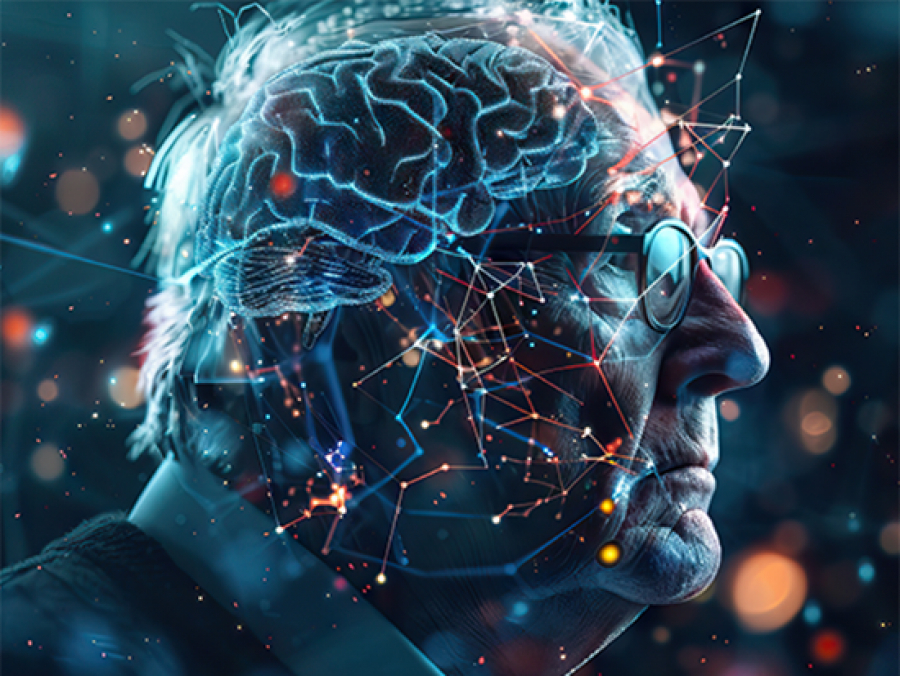
Human proteins identified that explain inter-individual differences in functional brain connectivity
This is a step toward an understanding of the brain that ultimately describes the mechanistic basis of human cognition and behavior.
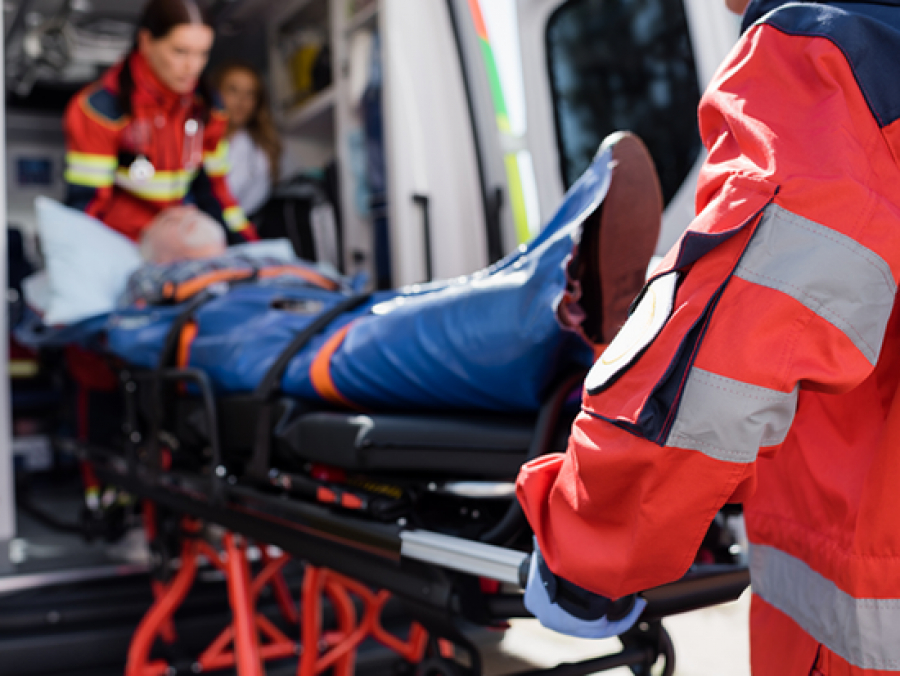
Leveraging the existing Alabama Trauma and Statewide Stroke systems, UAB and ADPH have created a model for a more integrated and effective system of emergency stroke care.
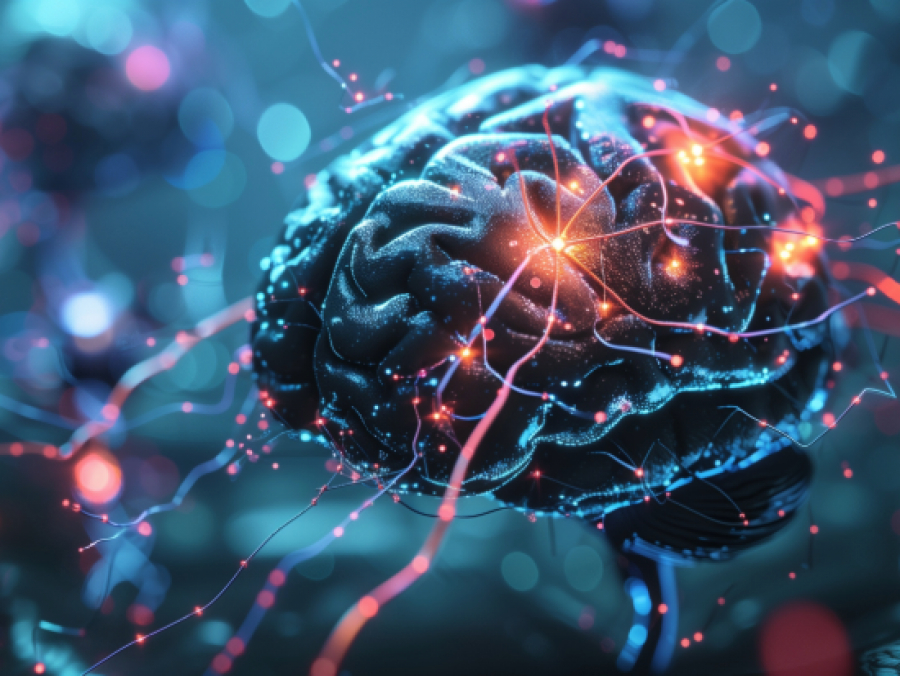
Results suggest that, rather than stimulating both sides of the brain using DBS, unilateral right DBS may avoid DBS-related declines in verbal fluency and response inhibition in patients with movement disorders like Parkinson’s disease.
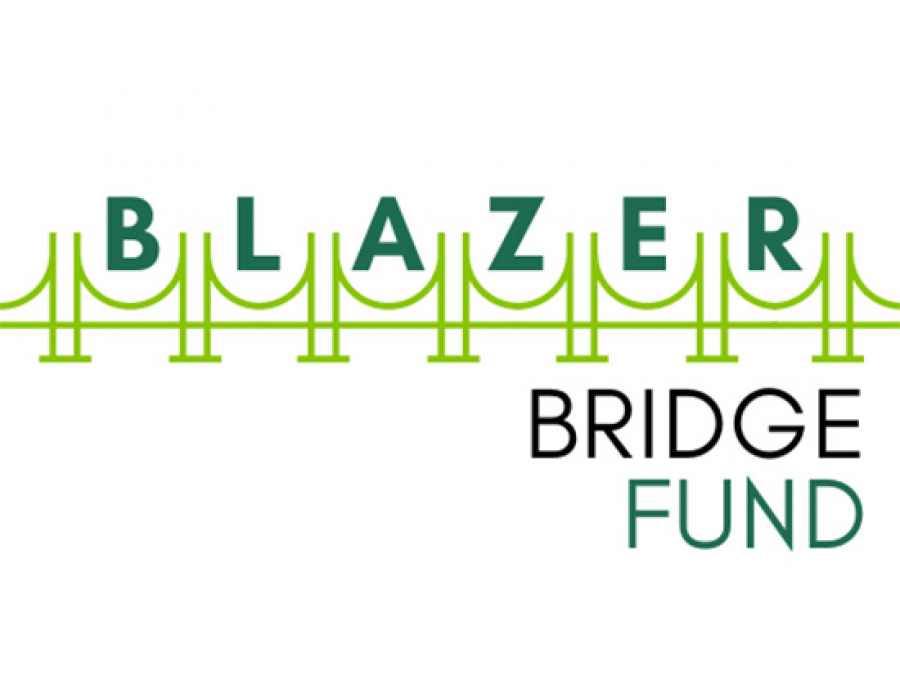
Blazer Bridge Fund provides financial support to innovative ideas and inventions by the UAB community, encouraging advanced discovery.
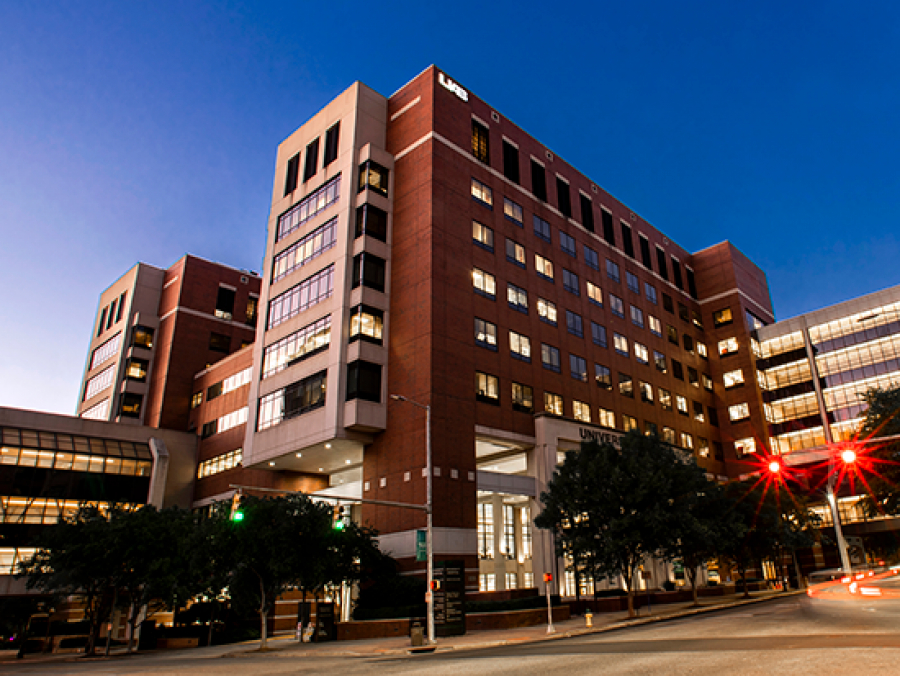
UAB Medicine has received the American Heart Association’s Get With The Guidelines® - Stroke Gold Plus with the added distinctions of Target: Stroke℠ Honor Roll Elite Plus and Target: Type 2 Diabetes™ Honor Roll.
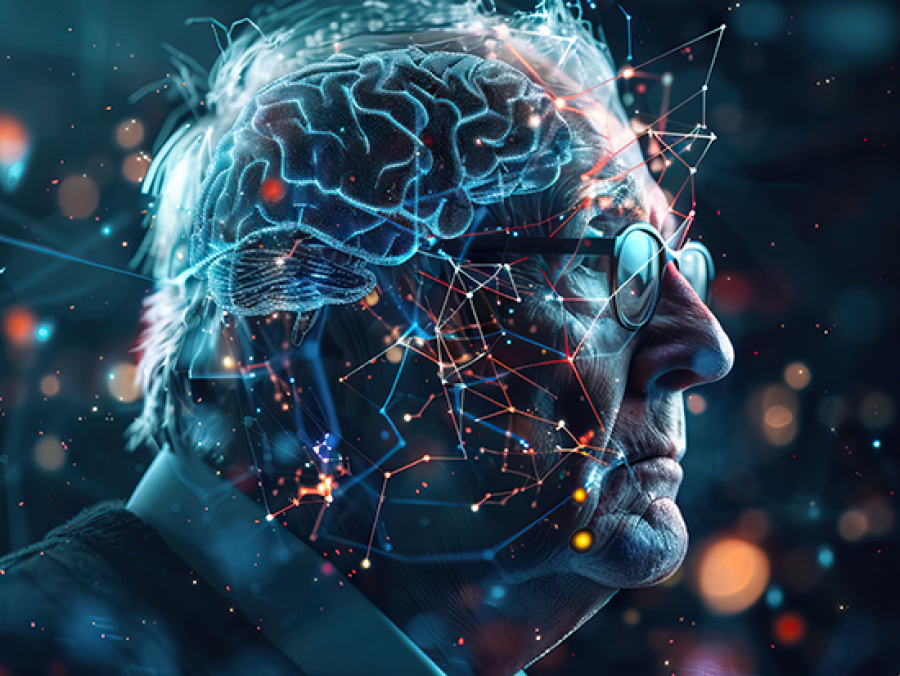
This finding suggests that therapy to remodel synapses could help memory in old age and dementia patients.
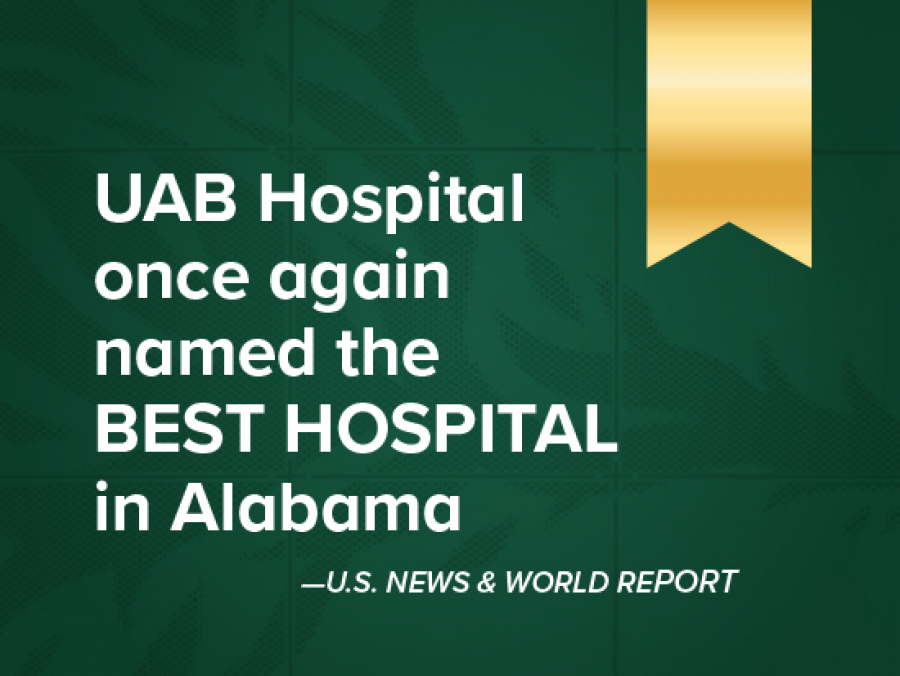
For 11 consecutive years, U.S. News has named UAB Hospital the best hospital in Alabama, with several specialties and procedures ranked among the best.
Page 1 of 4